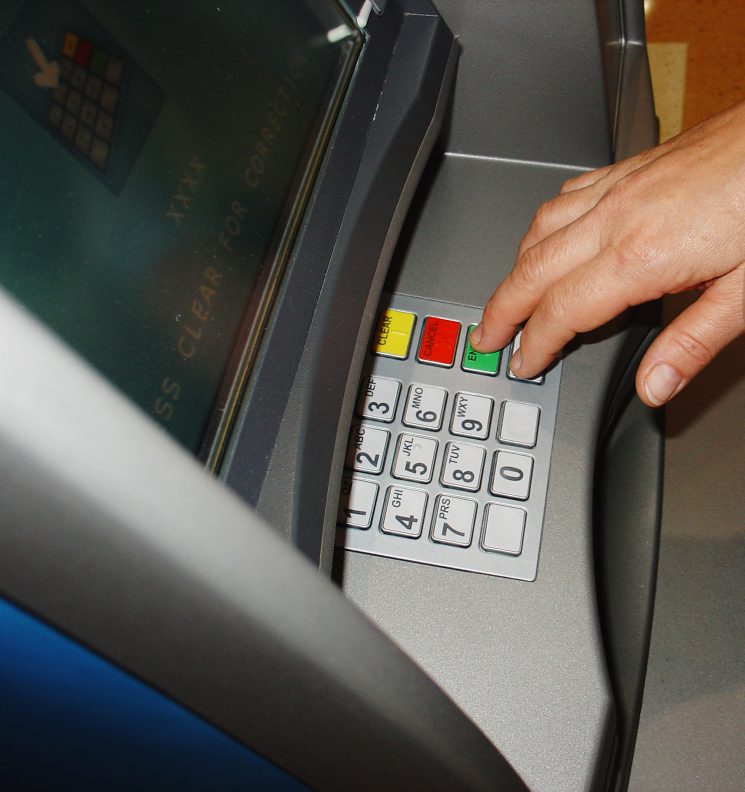Despite the record low Bank of England Base rate, UK banks are doing what they can to increase revenues from credit card customers. According to analysis from a leading data information service, the average credit card rate has risen to 19.1 per cent, the highest level for thirteen years.
Experts are blaming changes to credit card rules and the ban on selling Payment Protection Insurance (PPI) for the increases.
Changes to credit card payment rules hitting bank profits
Recent analysis from Moneyfacts found that rates on eighteen credit cards have risen since the start of 2011, compare with just four rises in the same period in 2010. Rates have increased between 0.6 and 2 per cent, reports The Independent.
Since changes to the way credit cards charge interest early in 2011 many companies have increased their rates. Cards now have a ‘positive order of payments’ which means that the most expensive debt is repaid first. The change came after an investigation by the Office of Fair Trading found that many borrowers were being charged interest on 0 per cent deals as their payment was being used to repay their 0 per cent balance rather than the higher rate debt.
The change in the card payment hierarchy has benefited card users but is reducing credit card revenues by banks. In addition, banks have been hit by lost revenue from the ban on selling Payment Protection Insurance (PPI).
Companies including Halifax, Royal Bank of Scotland, Santander and Barclaycard are amongst those who have increased their credit card rates so far in 2011.
Michelle Slade from Moneyfacts said: “There has been a sharp increase in the number of providers raising the interest rates charged on their credit cards. It is unlikely we have seen the last of the increases and I expect more providers to follow suit.”




